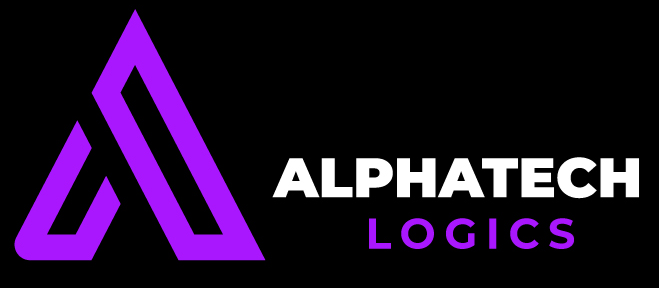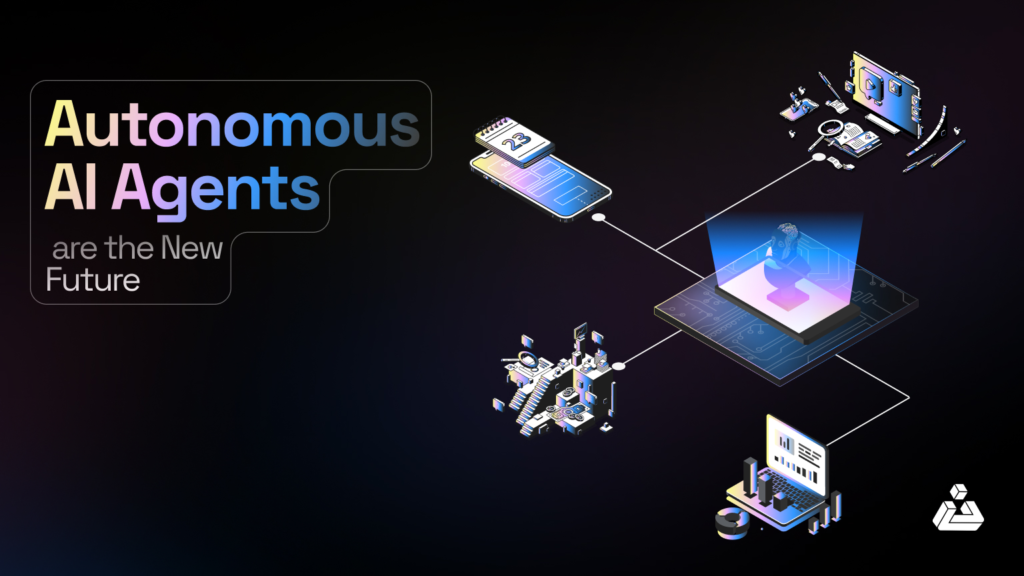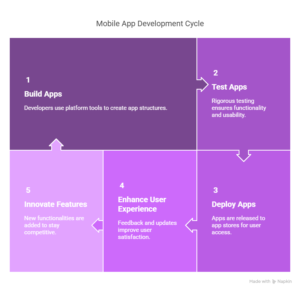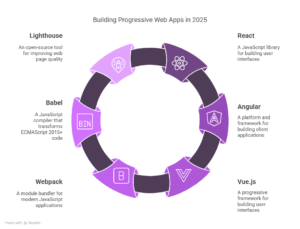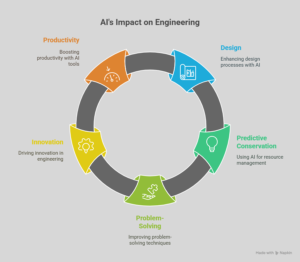The Future of AI, which Learns and Acts Autonomously Without Human Input, is Autonomous AI Agents.
Think of an AI that figures out how to fulfill your needs without being told again and again, rather than simply knowing what they are. It learns, chooses, carries out activities, learns from the outcome, and improves over time. That’s no longer a fantasy. The future of AI is here: the domain of Autonomous AI Agents.
What is an independent AI agent?
Autonomous AI agents are separate computer programs that perform complex functions on their own. Autonomous agents are distinct from traditional AI, which requires human involvement at every step, because they can:
- Know the reason
- Create plans
- Make choices
- Take action
- Use feedback to learn.
- Repeat and reinforce
Treat them as if they were AI personnel who not only follow instructions but also come up with effective strategies to accomplish tasks.
What distinguishes them from legacy AI or chatbots?
The majority of contemporary AI technologies, like chatbots and recommendation systems, are reactive, responding to stimuli as they occur. In contrast, independent agents exhibit proactive behavior. These agents don’t require much oversight; they manage the methods used to achieve the desired outcome after it has been identified.
For example:
Your question about a product is answered by a chatbot.
Without receiving a signal, an autonomous agent may read user reviews, find product-related problems, and notify your product team with findings.
What are they doing?
A combination of technologies is used to create autonomous AI agents:
Large Language Models (LLMs): Natural language comprehension and reasoning
Task Planning Engines: used to break down large goals into smaller, achievable tasks.
Feedback loops and memory: In order to make better decisions and remember previous behavior
API Integration and Automation Tools: Facilitating connection with a wide range of other programs and systems.
A real illustration is instructing an AI agent to “write and publish a weekly newsletter.” With little supervision, it can learn about popular themes, produce material, create images, post content, and even monitor interaction.
Real-World Use Cases
In a number of sectors, autonomous agents have begun to emerge:
Customer Service: AI agents handle tickets automatically, escalate challenging tickets, and provide follow-up.
Marketing: Agents are able to monitor trends, develop campaign plans, A/B test messages, and improve outreach.
Finance: Keep an eye on transactions, spot fraud, and maybe even trade using market data.
HR & Recruitment: Agents conduct interviews, evaluate CVs, and oversee the onboarding procedure.
Advantages of independent artificial intelligence agents
Enhanced Productivity: They are available around the clock, they never become weary, and they are capable of performing monotonous jobs flawlessly.
Scalability: Whether there are 10 or 10,000 agents, the number of tasks can be increased in an instant at no extra expense.
Cost-effectiveness: by automating complicated procedures, we reduce overhead expenses and human participation.
Faster decision-making: Data is processed and reacted to in real-time, which speeds up the process.
Difficulties and dangers
Autonomous agents have tremendous promise, yet they encounter major difficulties:
Trust & Control: How do we make them behave in the best interests of the business?
Safety: There are cybersecurity risks associated with giving AI access to systems and data.
Ethical Implications: Financial transactions and hiring decisions made by machines must be fair and transparent.
What happens if an agent makes a mistake or misinterprets the goal?
To provide security and compliance, developers and businesses must implement supervision, transparency, and “kill switches.”
The Path Ahead The future of AI is not about smarter chatbots; it’s about AI that can think, act, and learn for itself. Autonomous AI agents will be integrated into every business process, functioning as digital coworkers who collaborate, address problems, and produce results. Conclusion: Autonomous AI agents represent a revolutionary shift in how we engage with technology and conduct our jobs. We are moving away from an age of AI that supports one that performs. They will redefine productivity, creativity, and the very definition of a “team” as they advance. The issue for today’s leaders is no longer if you will utilize them, but rather when.

